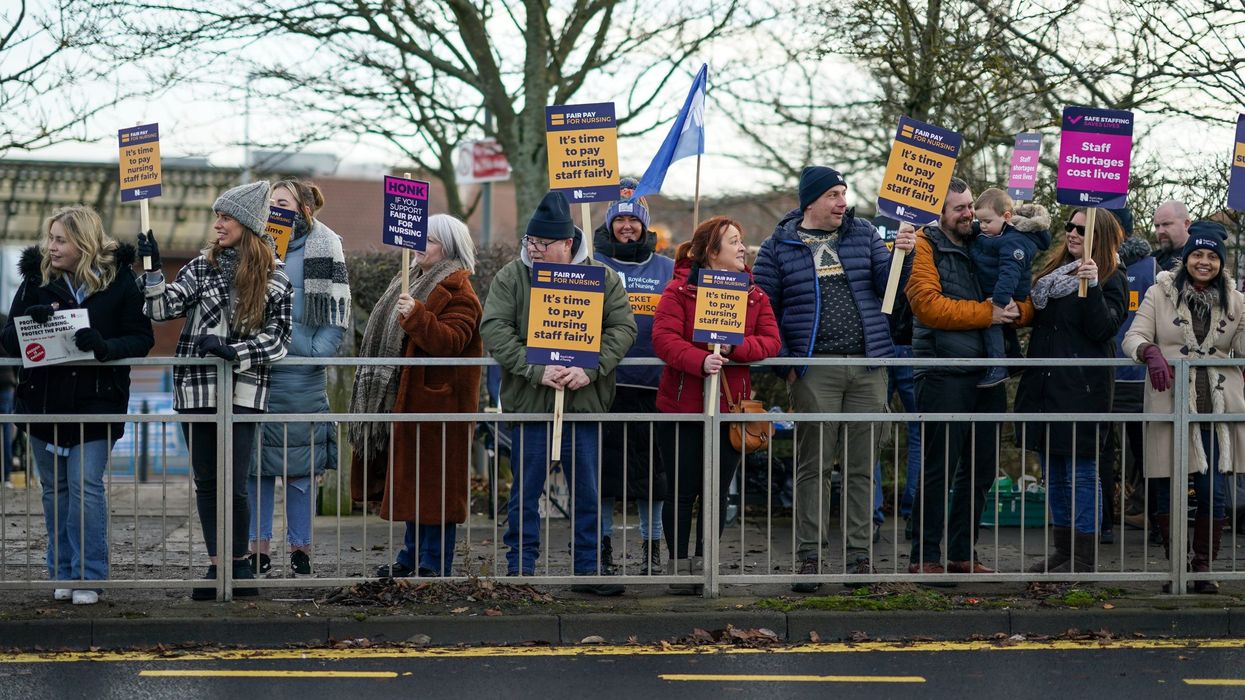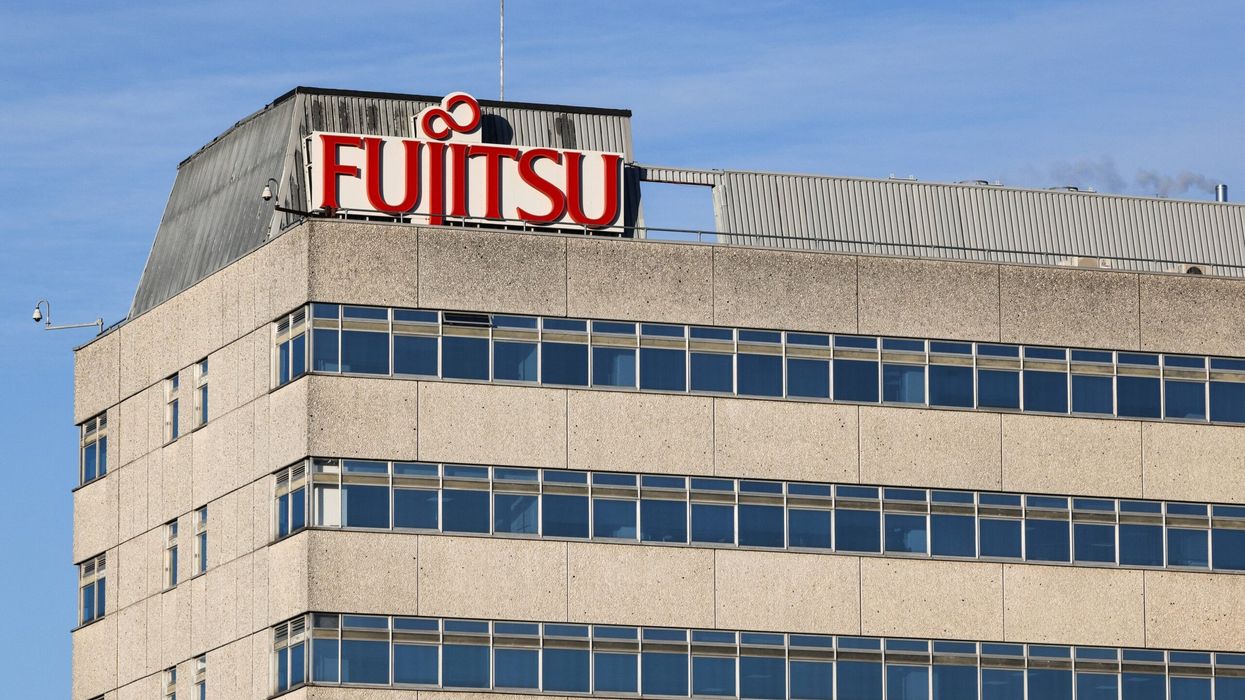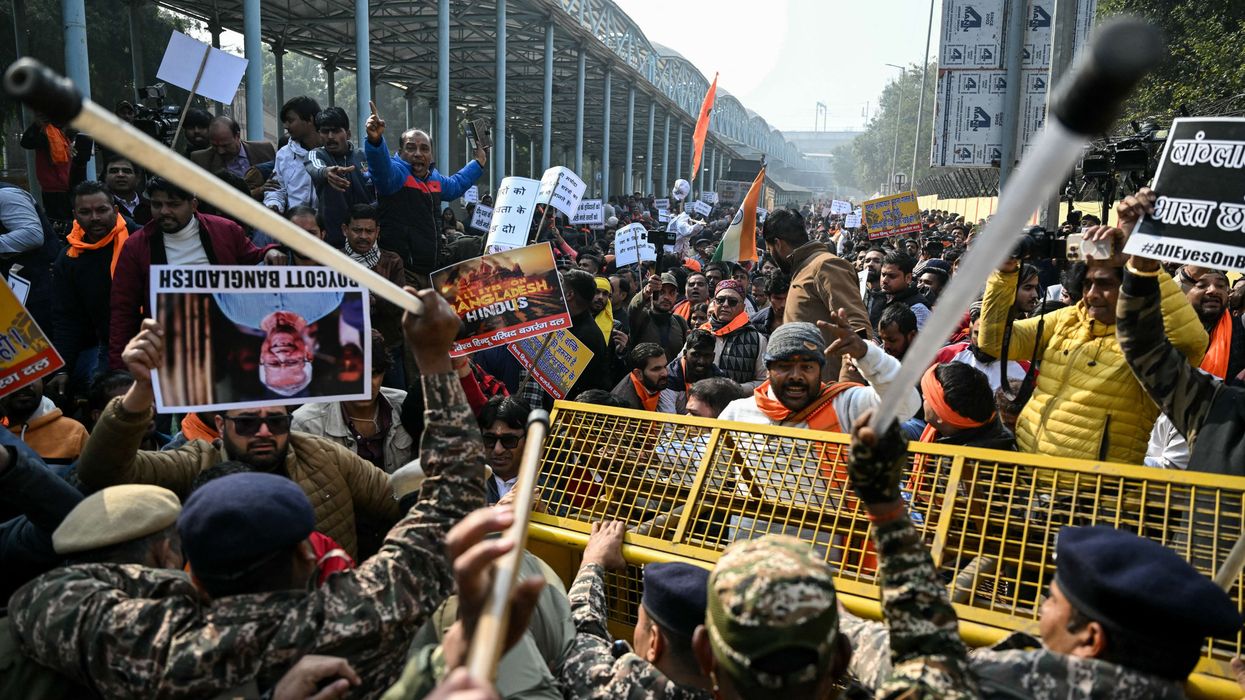RACISM within the NHS costs the health service an estimated £2.3 billion a year, the former head of the British Medical Association (BMA) has told Eastern Eye, as he warned such discrimination also led to patient safety being compromised.
A recent BMA survey said racism is “widespread” within the medical workforce. More than three quarters (76 per cent) of respondents experienced racism in their workplace at least once in the past two years, the survey showed.
Dr Chaand Nagpaul, former chair of the BMA council, told Eastern Eye, “Research has shown that incivility decreases cognitive function by 61 per cent and the risk of medical error is increased by 45-63 per cent.
“If you're stressed and burnt out, it's no surprise you will make mistakes. We all know what we are like when we feel totally shaken. Therefore, patient safety has been compromised by race discrimination and racist experiences.”
Nagpaul referenced research by academics Roger Kline (Middlesex University) and Duncan Lewis (Plymouth University), which estimated the NHS was losing £2.3 billion a year because of bullying and harassment. A “large” part of that would be due to racism, he said.
The research calculated the impact of bullying and harassment on the NHS based on resultant sickness absence, sickness absence costs to the employer, employee turnover, diminished productivity, sickness presenteeism, compensation, litigation and employment relations costs. “We have a situation where the population is being denied the full potential talent of its workforce,” Nagpaul said.
“You have highly skilled doctors who can do so much, but who are prevented from being at their best for the public.
“The population, patients, are being denied. Racism is not only wrecking the lives of thousands of healthcare practitioners daily, but also threatening patient care and services, with one third of ethnic minority doctors having left or are considering leaving work and 16 per cent off sick due to racist experiences.”
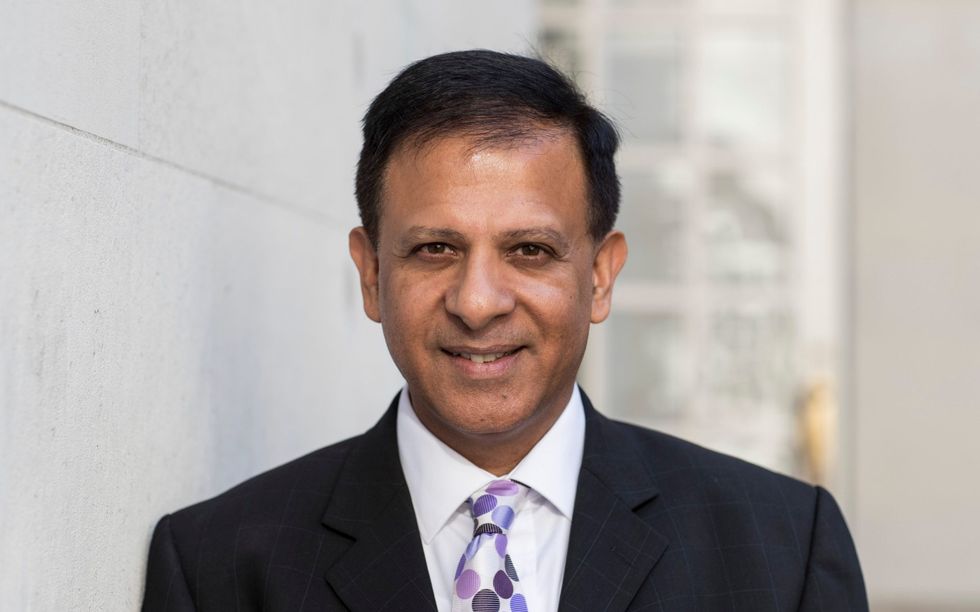
Shabiha Azam, who works for Johnson and Johnson and is an NHS advocate, told Eastern Eye about a catalogue of errors in relation to the death of her father, in 2021 from Covid-19.
Mohammed Azam, 69, a volunteer and community champion from West Yorkshire, fell sick during the pandemic and was taken to hospital.
When he was moved to a high-dependency unit, the family were relieved to hear Mohammed was sitting up and eating, only to later discover it was another patient - also called Mohammed.
Worse still, they found a DNR (do not resuscitate) notice placed on his file without any prior discussion with the family.
“The biggest regret was in his last hours, the hospital arranged a 30-minute video call; but it was with the wrong family,” Azam told Eastern Eye.
“Although dad said he didn’t recognise them, an assumption was made that he was delirious. It was strangers - not his family - on that video call. We didn’t get a chance to say goodbye properly.”
The Azam family are grieving the loss, but they said the experience has prompted them to improving healthcare and outcomes for others. With the support of NHS England, the family has since produced a digital story video entitled, Mohammed Azam – A Legacy for Today, a learning resource to help hospital trusts across England improve patient care, recognise cultural bias and assumptions around racial profiling.

Nagpaul told Eastern Eye, “Eradicating racism needs to be an urgent national priority to make full use of our diverse healthcare workforce amid exceptional service pressures as well as to ensure the future sustainability of the NHS.”
Claims resulting in formal proceedings run into millions of pounds annually for the NHS and the impact of racial discrimination has also been linked to increased staff sickness and absence, as well as negatively impacting on workforce retention.
The NHS workforce is one of the most diverse in the country. Black and minority ethnic (BAME) members make up almost a quarter of overall staff (24.2 per cent or 383,706 staff) – an increase of 27,500 people since 2021. More than two fifths (42 per cent) of doctors, dentists, and consultants, and almost a third (29.2 per cent) of nurses, midwives and health visitors are of BAME backgrounds.
Findings from the BMA survey showed that those from black backgrounds were most likely to have experienced racism (91 per cent), followed by those from Asian backgrounds (85 per cent). The corresponding figures for white people of non-British backgrounds was 67 per cent and white British backgrounds, 43 per cent.
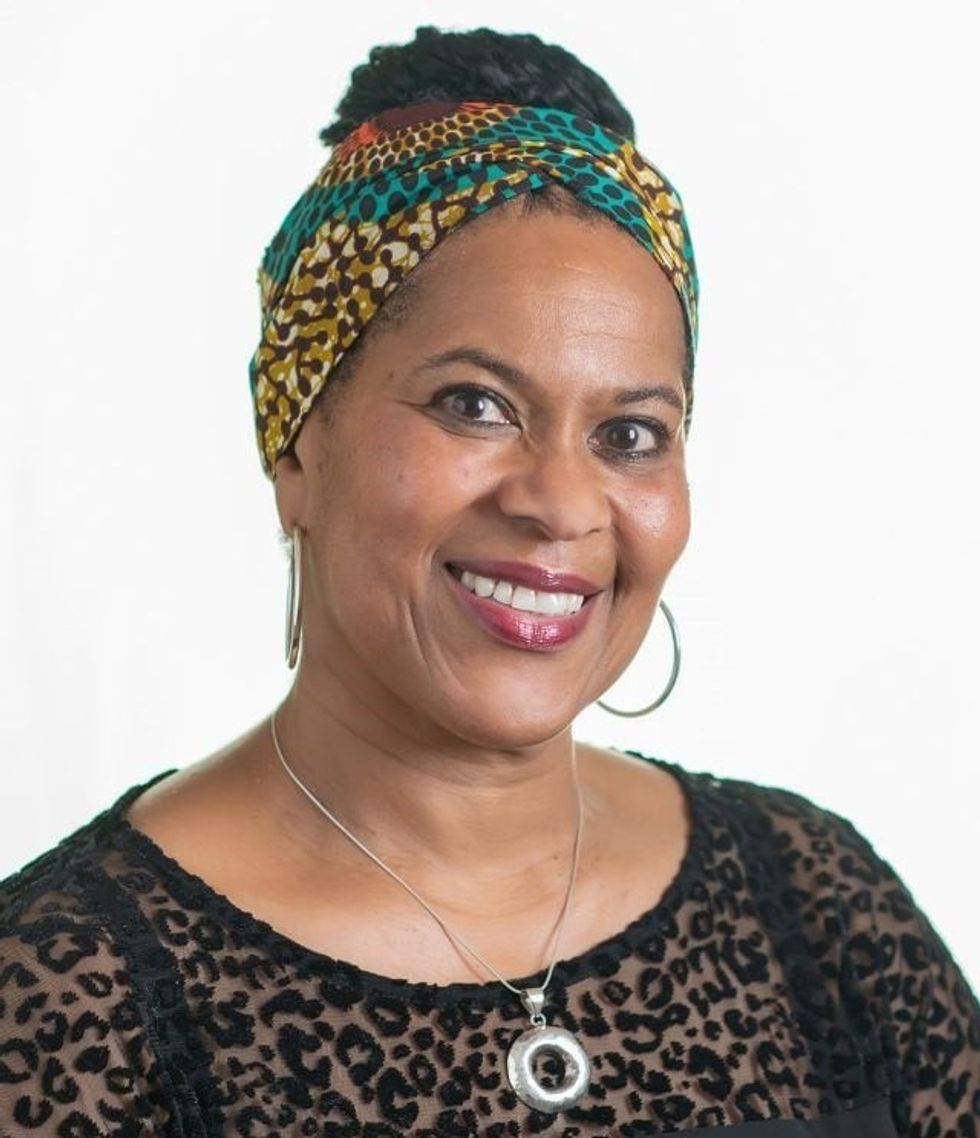
Dr Yvonne Coghill is a former director of NHS workforce race equality standard (WRES). She said WRES indicators that measure equality performance within an NHS organisation currently show that the cultural indicators are “moving in the wrong direction”.
“Black, Asian and minority ethnic staff are complaining bitterly about their experience in the NHS,” said Coghill.
“The bullying, harassment and lack of progression as a consequence of the colour of their skin – that is not fair. That is not right. It is not equitable.
“And what it also does is it costs money. It costs lives, because if you're not cared for, it's very, very difficult for you to care.
“What we can see in our NHS and this is across the board over the past six months, is the dissatisfaction of staff of doctors, nurses and ambulance staff.
“I suspect if we actually took a deep dive into people who are out on the picket lines, who are complaining, quite a substantial number of them will be talking about how difficult it is for them as BAME staff in our NHS at this time.”
Coghill noted studies by professors Michael West (Lancaster University) and Jeremy Dawson (University of Sheffield), carried out in 2009 and 2019, that found the extent to which an organisation values its BAME staff is a good barometer of how well patients are likely to feel cared for. “It was very clear which organisations were doing things well because it showed that BAME staff were doing well there; they were progressing,” said Coghill.
“As a consequence of that, it saves money and it saves lives. It saves money because people aren't leaving, they’re not doing presenteeism or sitting there and just wanting to go home.
“That extra ten per cent of discretionary effort that we need from every single member of our staff, because at the end of the day, the NHS isn't a 9-5 service, we need our staff to want to be there to give their best.
“But how can you (do that) when you feel unwanted, when you're discriminated against? How can you, when you can see people coming up through the ranks, even though you've been working there for a longer time and get into positions you would want to be in and you are not able to get there because of the colour of your skin.”
A recent UK survey of 10,000 nursing staff by the Royal College of Nursing (RCN) found that racism is “endemic” in healthcare with white nurses twice as likely to get promoted as black and Asian staff. Registered nurse Olanike Babalola said, “I've experienced a lack of promotion several times. When I was doing my top-up degree, I did management of diabetes at level six. Since then, I’ve been looking for an avenue to work as a diabetes specialist nurse. I’ve applied three times and done interviews and it’s got to the point where I don’t bother anymore.
“Although I’ve got so much knowledge, I’m not given the opportunity to put that knowledge into practice. You find they give the opportunities to white nurses, rather than to you.”
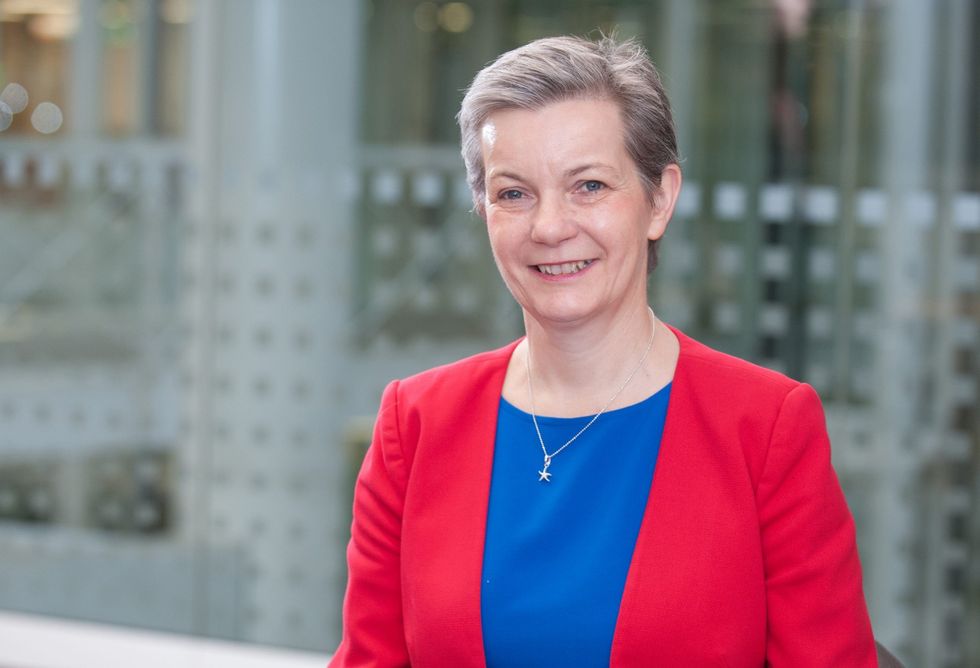
Equality for Black Nurses, a membership organisation launched in 2020, has brought 200 cases of suspected racism against a number of NHS trusts since it was set up. Andrea Sutcliffe, chief executive of the Nursing and Midwifery Council (NMC), said she saw first-hand the impact of racism on the NHS’s nursing workforce, pointing to the disproportionate fitness to practice referrals involving minority ethnic staff.
“Racism towards nursing and midwifery professionals is utterly unacceptable, but persists across health and social care. It destroys people’s confidence, undermines morale, destabilises team working and directly impacts on safety,” she said.
“With more than a quarter of our register coming from black and other minority ethnic communities, it’s more important than ever for employers to create inclusive, anti-racist cultures, free from discrimination and bias.
“Racism has a corrosive effect on health and wellbeing. It undermines your confidence, makes you feel unsure of yourself, makes it hard to ask for help where you need it.”
The NHS WRES report, published in February, found the number of minority staff in the NHS has increased by 100,000 since 2018 – largely driven by increased international and overseas recruitment.
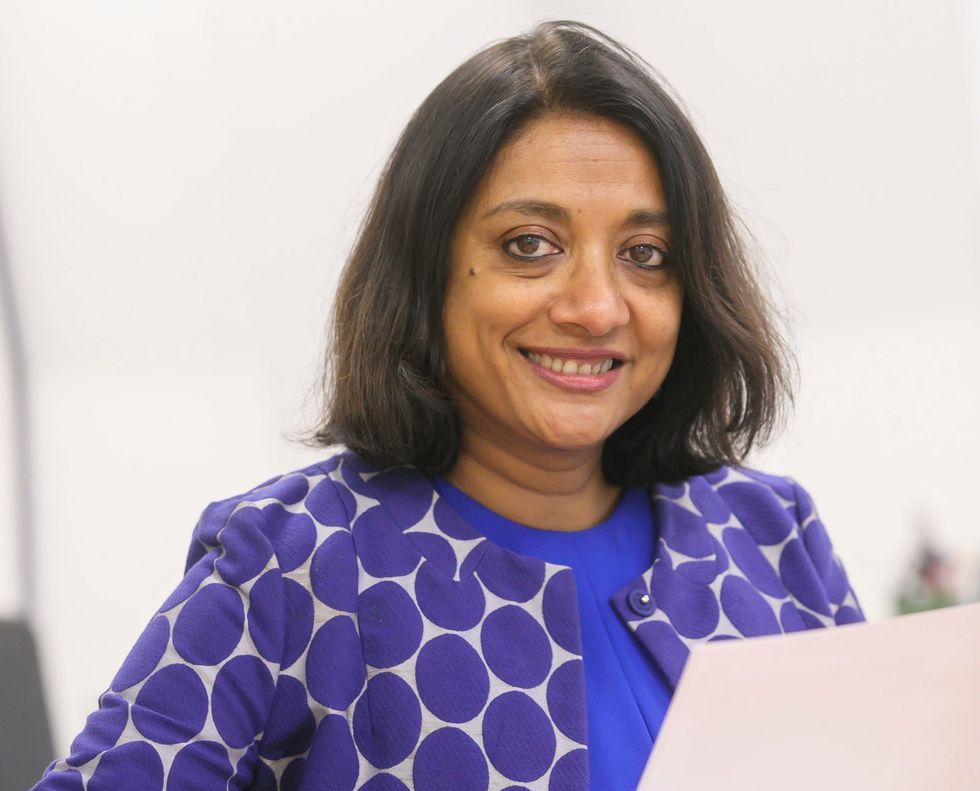
Despite this, the health service is struggling to make progress on equity with just two-fifths of staff reporting their hospital provided equal opportunities and just 10 per cent of minority staff in top hospital roles. Last month saw the publication of the NHS equality, diversity, and inclusion improvement plan, with the goal to “enhance the sense of belonging for NHS staff to improve their experience”.
The NHS’ chief workforce officer, Navina Evans, said, “Some people very cynical, so what's going to be different this time? We've got to keep trying. There are some very specific targeted actions we can take collectively that will help to make it different this time.”
It is not just ethnic minority staff who suffer discrimination in the NHS. Health inequalities exist when it comes to patient experience as well. BAME women often report experiences of negative interactions, stereotyping, disrespect, discrimination and cultural insensitivity.
Black British mothers are up to five times more likely than white mothers to die during pregnancy or within the first six weeks after childbirth. The risk of dying from pregnancy-related causes is three times higher for mothers of mixed ethnicity than for white mothers and twice as high for women of Asian ethnicity.
This autumn, the NHS Race and Health Observatory will publish a new review examining the costs of racism in the NHS. “Racism is costing the NHS millions and is a high and avoidable price to pay from public funds. This resource could instead be directed towards ensuring better access, outcomes and experience for those who use services and work in the NHS,” said Marie Gabriel, chair of the NHS Race and Health Observatory. “The observatory works with communities, global experts and the NHS to enable improvement. We need to ensure these resources, and those created in honour of Mohmmed Azam ensure no other family suffers the painful and avoidable human cost of discrimination.”
An NHS spokesperson said: “While our latest equality report shows we have made progress in some areas of the NHS, it is completely unacceptable for anyone to experience racism, discrimination or prejudice at work and NHS organisations should strive to continually improve the experience of our diverse workforce – which, in turn, improves care for patients.
“The NHS is working closely with regulators, including the General Medical Council to reduce disproportionate representation in referrals, and with Health Education England to focus on areas such as career progression and greater representation in senior roles as well as continuing to support local NHS areas to implement further improvement measures. It is unacceptable that black and ethnic minority nurses continue to face career obstacles, bullying and discrimination in the NHS workplace.
“If the healthcare system is committed to tackling health inequalities, it must have a nursing workforce and leadership that is representative of the diverse communities it serves. The evidence is clear – treating nurses with the dignity and respect that they deserve ultimately leads to a highly engaged workforce, organisational efficiencies, as well as increased levels of patient satisfaction.”
